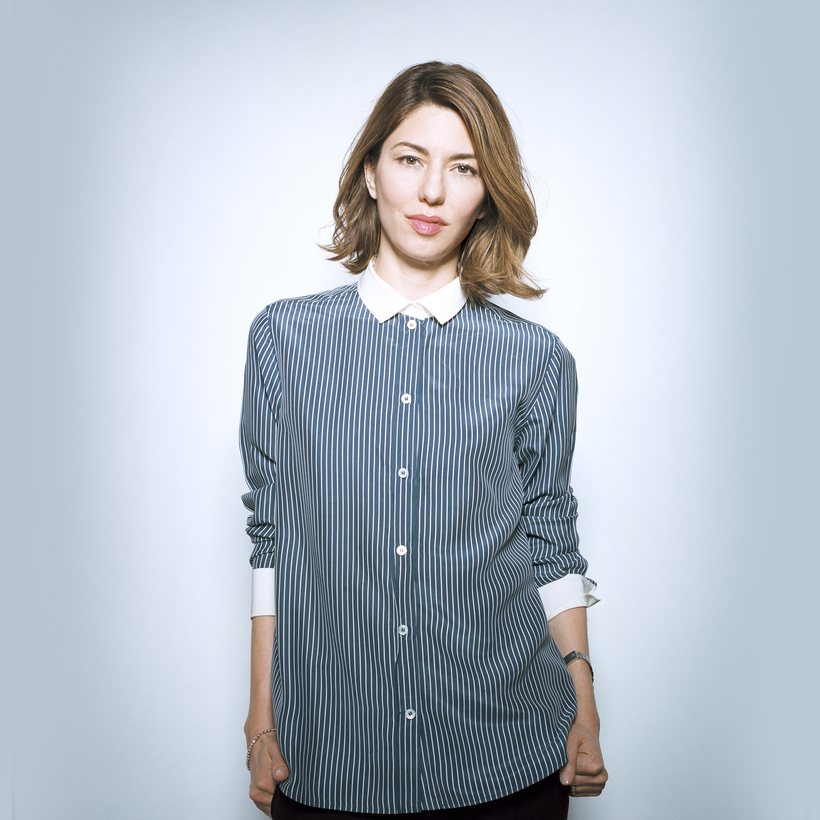Sofia Coppola was five years old in 1977 when her father, Francis Ford — fresh off the wild shoot for Apocalypse Now — interviewed her. “I’m a little fishy, and I swim in the water and have two brothers who are fishies,” she said, before counting in Cantonese. Later, father asked daughter to record a message for her future self. “I am Sofia,” she said. “And when I grow up I want to be a teacher or a nurse. I like being Sofia, because there’s a lot of fun things that I know how to do.”
Forty-three years later Coppola is on a Zoom call from Napa in California, where her family is and where she grew up. “Oh my God,” she says, reminded of the recording. “Yes, my dad interviewed me when I was a little kid.” The extended family have been together for lockdown — her husband, Thomas Mars; daughters Romy and Cosima; brother Roman — one of the “fishies” — with his children too. “It’s been OK,” she says. “Our kids are a little older, 10 and 13. But it’s hard for a teenager stuck at home with us.” She is in shirt and specs, in a room that looks like it’s waiting to be decorated. Lively chat fills rooms off-camera. It is in Napa that her father makes his wine, including the Sofia Chardonnay. “Light in spirit. Elegant in character,” the website reads.

